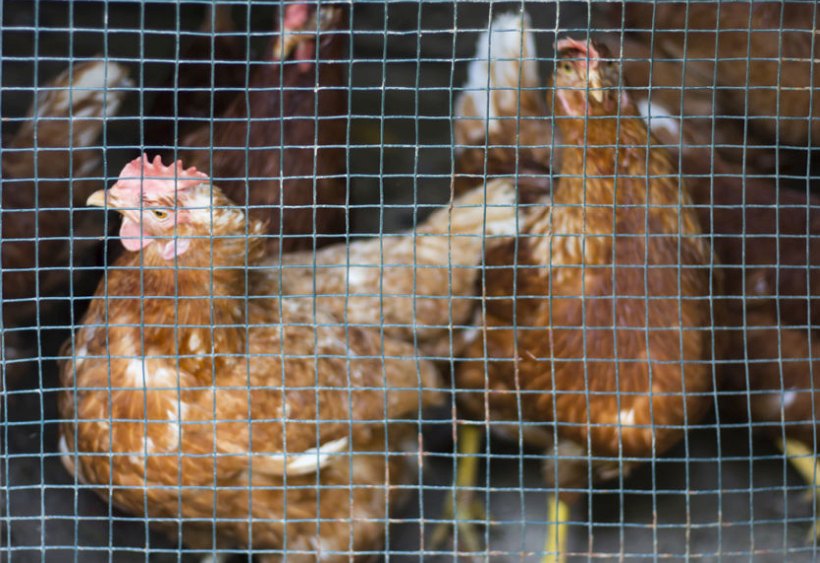
The European Union is set to end the use of all cage units in egg production following an overwhelming vote by MEPs.
Battery cages were banned by the bloc in 2012, which forced egg producers using cages to switch to the enriched colony cage system.
Now European politicians are looking to phase out cages completely by 2027.
A vote was taken in the European Parliament after 1.4 million people called for an 'end to the cage age'.
The resolution was passed with the support of 558 votes. Only 37 MEPs voted against with 85 abstaining.
The 'end the cage age' initiative was co-ordinated by Compassion in World Farming (CIWF) and other animal welfare organisations across the EU.
Campaigners called for a law to ban the use of cages for laying hens, rabbits, pullets, broiler breeders; farrowing crates for sows; sow stalls, where not already prohibited; and individual calf pens, where not already prohibited.
MEPs raised the importance of listening and acting on citizens’ concerns on animal welfare, although many insisted that any potential phase-out of cages required proper financial support, incentives and an adequate transition period.
They also called for strict and efficient measures to avoid imports of cheaper products with lower animal welfare standards from non-EU countries.
A draft resolution was subsequently produced by the Agriculture Committee calling on the EU Commission to come up with legislative proposals to ban caged farming in the EU, possibly by 2027.
The gradual end of the use of cages should be based on a species-by-species approach that would take into account the characteristics of different animals, said the resolution.
Before any legislative changes were made, said the Agriculture Committee, proper support was needed, including adequate advisory and training services, incentives and financial programmes for farmers and livestock breeders.
And all animal products imported into the EU should be produced in full compliance with EU legislation, including the use of cage-free farming systems, it said.
This proposal has now been debated and passed by the European Parliament.
During the debate, Stella Kyriakides, Commissioner for Health and Food Safety said: “We acknowledge the demand for sustainable food systems, the ethical dimensions around farming animals and the need to find solutions that involve farmers but also society at large.
“Our promise under the Farm to Fork Strategy to undertake a thorough review of existing EU animal welfare legislation will be delivered into action.”
All major UK retailers and some leading food firms have committed to moving away from using cage eggs by 2025 at the latest following pressure from campaigners.
In its most recent report on the progress towards cage-free egg production worldwide, CIWF highlighted how the UK was ahead of other countries in Europe and the rest of the world on the high welfare management of layers.
CIWF said in its 2020 EggTrack report that the UK, the fourth biggest egg producer in Europe, had the highest proportion of free range birds at 57.5% of the flock.
And it said the barn system developed in the UK was ahead of other countries.
"In the UK, the European food business team worked collaboratively with the British Egg Industry Council, Tesco and Noble Foods to define a higher welfare standard for UK barn eggs under the British Lion Quality Code of Practice.
"The standard is significantly better than that permitted by European legislation and improves on the German KAT system, which is used widely in Europe."
"This means the UK market offers a strong set of baselines standards for UK consumers.
Noble Foods, the UK’s largest egg producer, has completed a multi-million-pound conversion of one of their enriched colony caged houses to this standard in a multi-story, multi-tier, aviary barn system.
In Europe, Compassion said that, although many companies had stood by their cage-free commitments, others were falling behind.
At least 19 companies had transitioned less than half of their supply, three of which had transitioned a quarter (or less) of their supply, said CIWF in its report.
